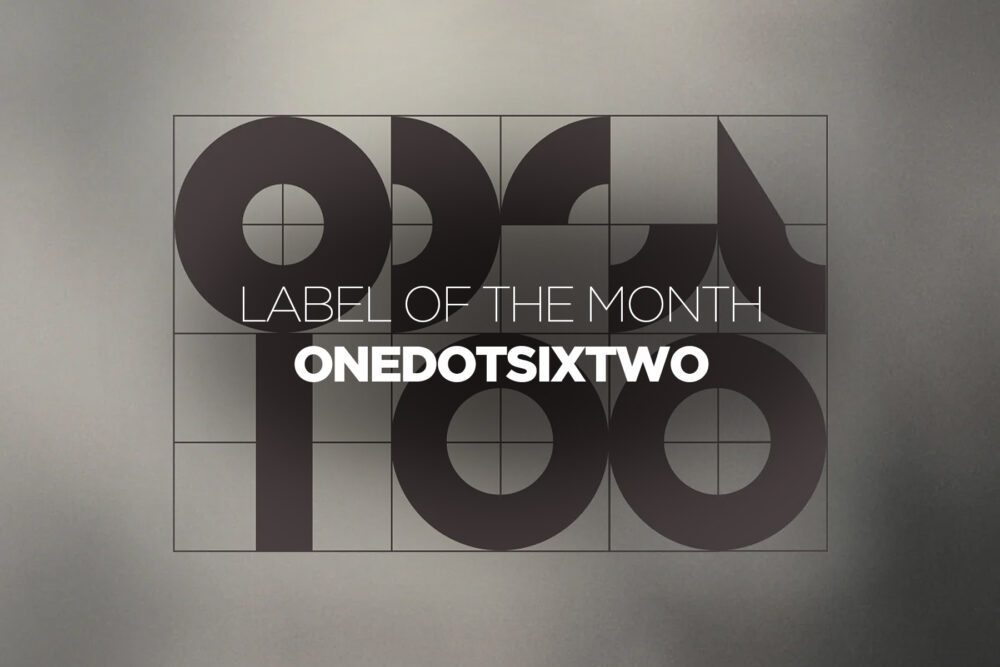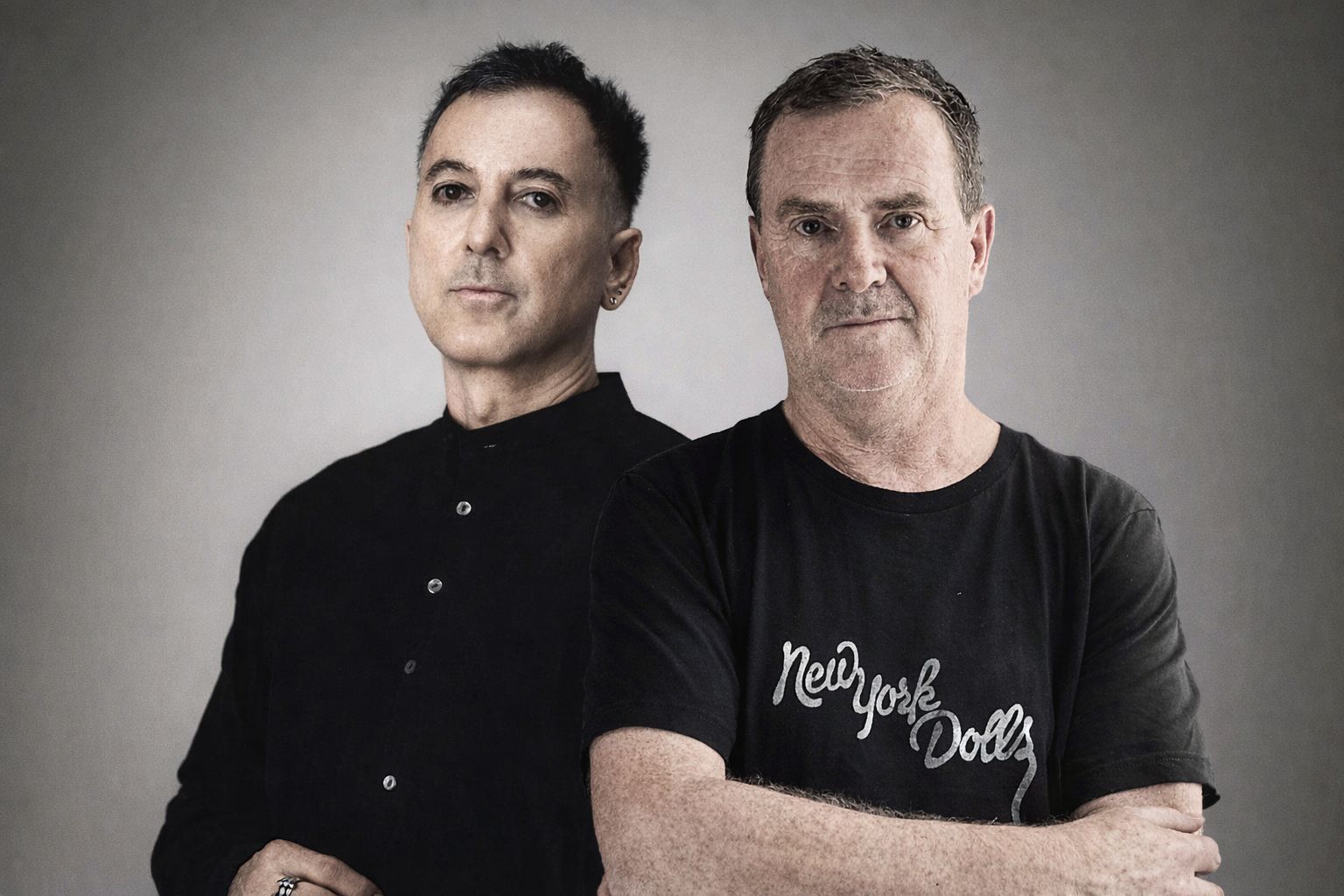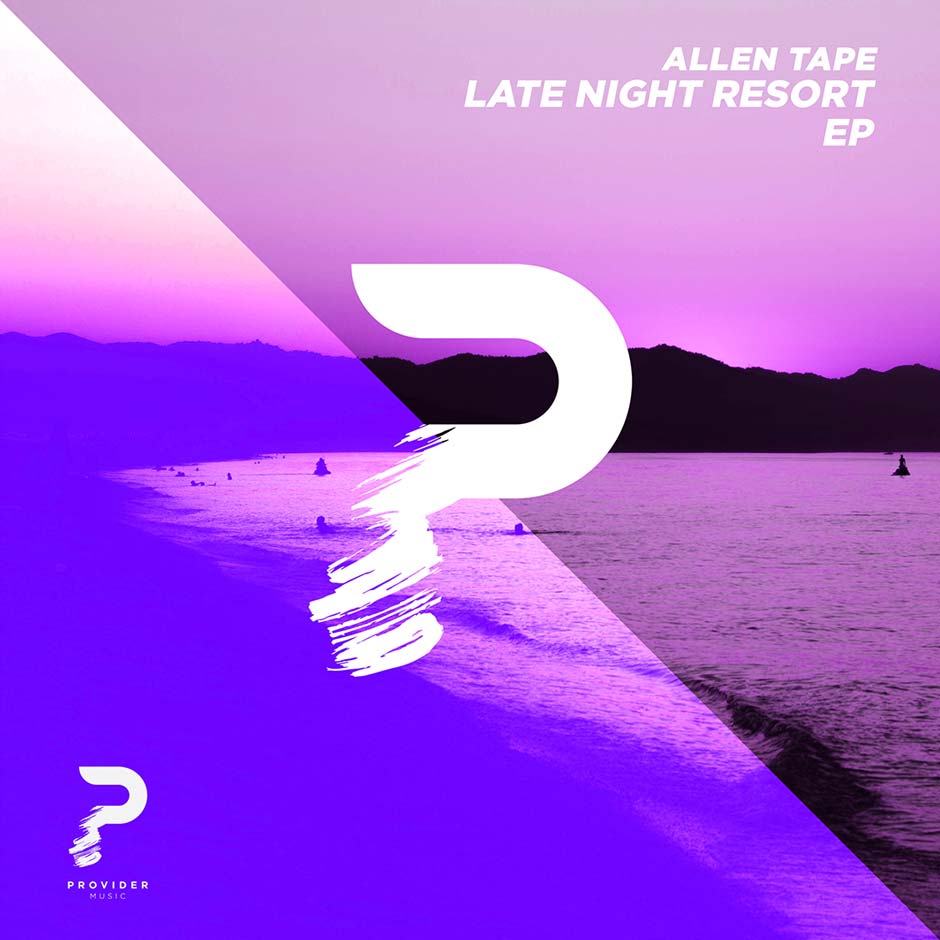If you’ve followed progressive house over the last decade, chances are you’ve felt the gravitational pull of onedotsixtwo. The label hasn’t relied on theatrics or hype cycles. It has earned trust by doing the simple things with rare consistency: Clear A&R, careful presentation, and an ear for records that travel from home listening to the small hours with no loss of detail or intent. Hitting 100 releases isn’t a victory lap so much as the latest mark in an ongoing project: keeping progressive house sharp, story-driven, and open-armed.
Founded in 2018 by Nick Brennan (Tripswitch) as a focused sibling to his more wide-ranging Section Records, onedotsixtwo set out to be a home for “Proper Progressive”. Not a retro pose, but a working definition: narrative arcs, musicality over bombast, movement that builds rather than shouts. Very quickly, the imprint began pairing established names with new arrivals, curating releases that made sense in the booth and still rewarded close listening. That dual mandate—dancefloor clarity and long-form storytelling—has been the label’s compass from day one.
The template revealed itself early. Brennan’s own ‘In At The Deep End’ opened the door, but it was the curation that followed that set the tone: John Cosani’s ‘Centauro’ (the label’s 50th release) arrived with striking remixes from Nick Muir and Hicky & Kalo; Hernán Cattáneo & Tripswitch took on Forerunners’ ‘Magnetic Quartz’; Kasey Taylor reworked Sebastián Sellares’ ‘Higher Ground’; Stellios Vassiloudis reimagined Matter’s ‘Eastern Sunset’. These weren’t trophy pairings—they were thoughtful conversations across generations, precisely the kind that progressive thrives on when it’s healthy.
Growth brought change, and the team evolved with it. Gustin, instrumental in the early arc, moved on to launch his INTU imprint. Steve Marx stepped into co-ownership and A&R, and the addition of Martin Fredes—handling social media and playing a hands-on role in A&R—tightened the feedback loop between the studio, the booth, and the community. The chemistry shows; the label operates more like a small atelier than a factory line.
While plenty of imprints declare a “sound”, onedotsixtwo articulates a process. “Proper Progressive” here is a filter, not a straitjacket: music that tells a story, that finds lift without resorting to cheap triggers, that lets detail do the heavy lifting. In practice, that has meant embracing the genre’s many branches—deep, melodic, housier shades, techno-leaning tension—without getting lost in taxonomy. The unifier is intent: records that land with warmth and purpose and keep revealing themselves after the breakdowns.
That approach has made the label oddly resistant to trend fatigue. When tempos swung and playlists compressed attention spans, onedotsixtwo kept serving long-view music. During the pandemic, that choice mattered. Without dancefloors, the releases still held their shape: harmonically rich, arranged to breathe, engineered to translate on speakers that weren’t aimed at a crowd. The catalog didn’t pause; it matured.
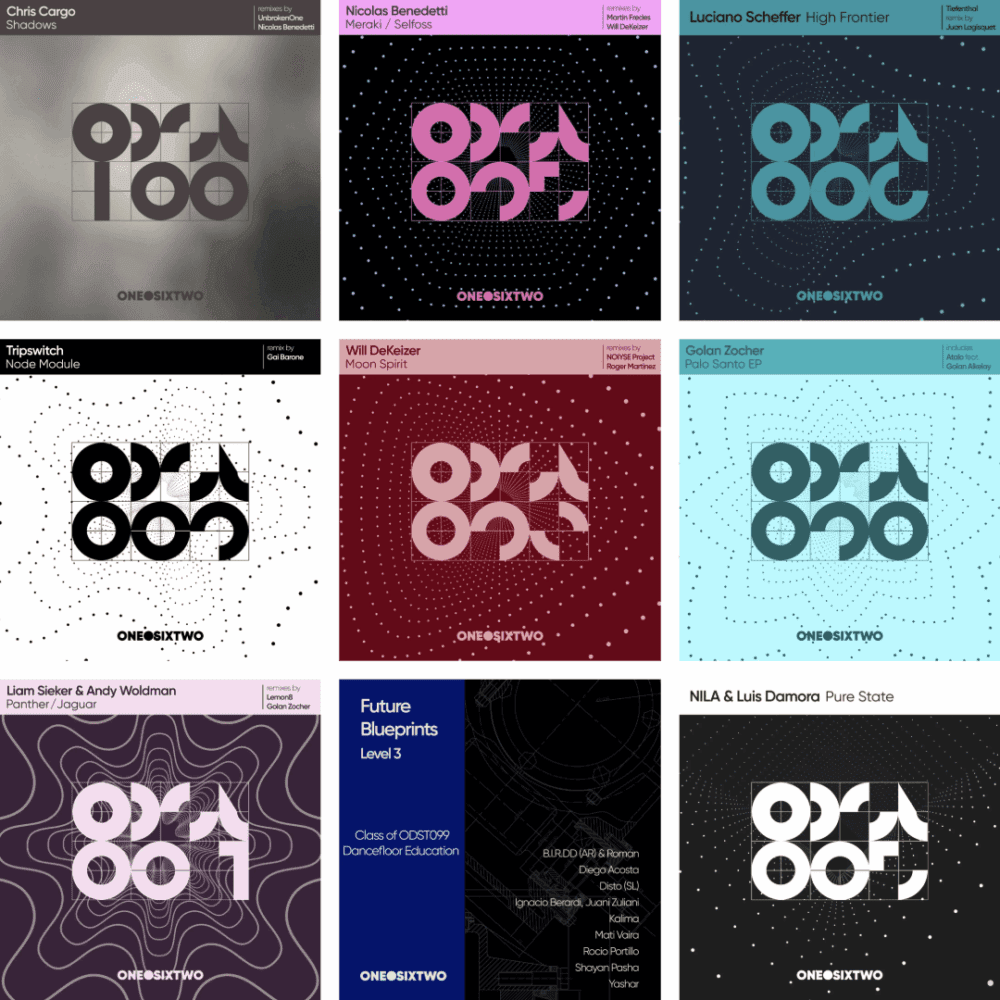
If you’ve scrolled the label’s feed or racks, you’ve felt the identity. The ODST shorthand mark sits at the center of artwork that is clean but not anonymous—modular enough to scale across singles, EPs, and albums, specific enough to be recognized in seconds. Early on, Brennan hand-built elaborate motion graphics for many releases; as the pace accelerated, the team distilled that visual language into a leaner system. You sense the same editorial care in the way promo notes are written, in how remixers are selected to expand on the original rather than simply add names to a banner.
It sounds quaint to say “everything is considered,” but it’s rare, and you can hear it. Sequencing matters. Who opens a record, who closes a showcase, what cut takes the lead slot—it all reads as design rather than accident.
The label’s most reliable trick is also its most transparent: put veterans and new voices in constructive tension. It’s how Cattáneo’s patience meets Forerunners’ glide; how Roger Martinez’s temperance interlocks with Will DeKeizer’s energy; how Chris Cargo’s maturity sits beside Nicolas Benedetti’s hungry phrasing; how UnbrokenOne—making a first outing here for the imprint’s 100th release—arrives not as a novelty but as a fully formed idea in conversation with history. The effect is two-way: established artists gain fresh context, and newcomers are introduced at a high level, heard rather than merely discovered. That policy isn’t branding; it’s infrastructure. It ensures the catalog reads like a community rather than a roster.
The century mark lands with characteristic restraint and intent. Chris Cargo fronts the package, a nod to progressive’s durable lineage. Nicolas Benedetti and UnbrokenOne deliver mixes that feel less like “versions” and more like considered replies, each sketching a different contour of propulsion while preserving the core motif. It’s a small thing, but it’s emblematic: onedotsixtwo never treats remixes as ornament. They’re part of the storytelling.
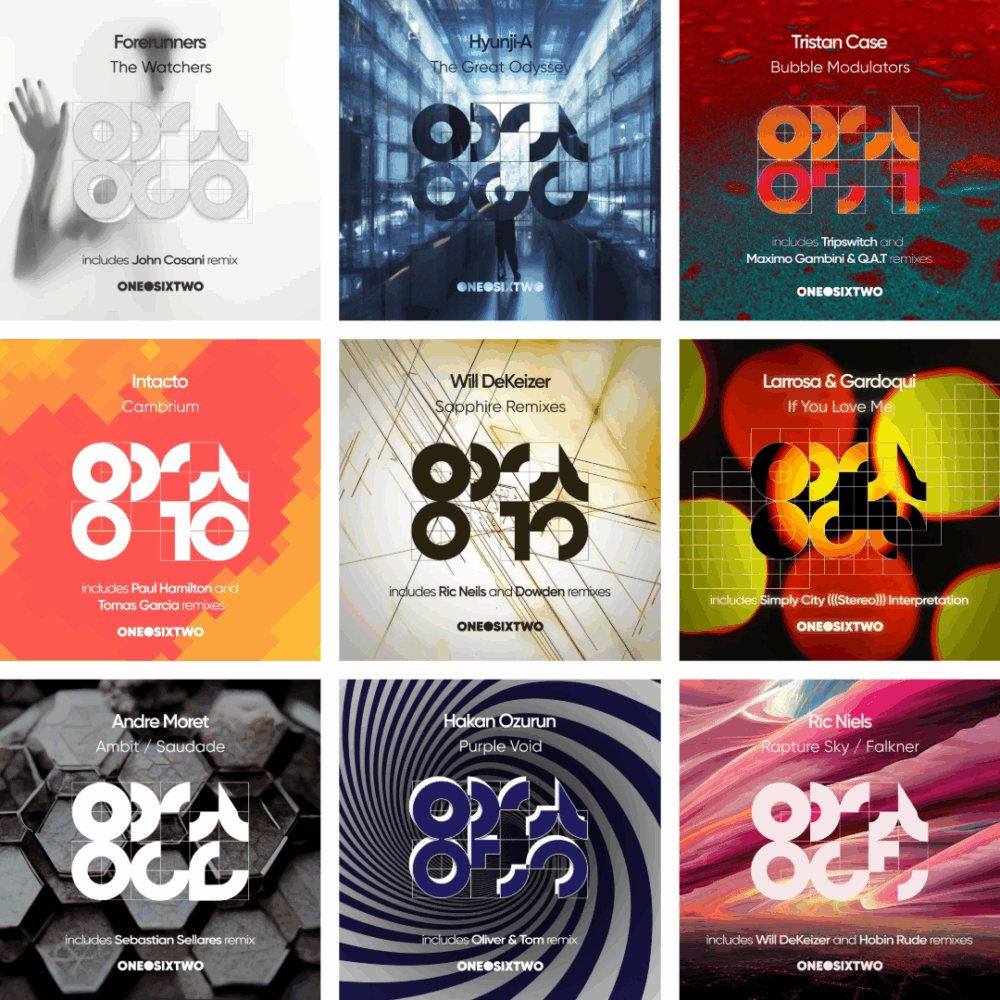
The milestone also arrives with the label’s physical footprint widening. A first official showcase in Argentina this past March felt almost inevitable given how deeply the catalog resonates across South American floors. The plan is to build on that momentum: more showcases, more gatherings where the label’s ideas can be experienced at scale and at human range.
From the outside, onedotsixtwo looks effortless. Inside, it’s old-fashioned craft: A&R that listens widely and responds quickly; developmental editing that respects an artist’s intent while nudging for clarity; release plans that favor longevity over first-week spikes. Brennan, Marx, and Fredes divide the work without losing the single voice. Demos are answered. Artwork is argued over. Press notes are tuned. Remixer choices are made for musical reasons, not headline value. The process is patient but not slow.
That’s likely why DJs lean on the catalog when the room needs direction: records arrive playable out of the box, sequenced to do a job without feeling utilitarian. And even listeners who never set foot in a club can still find clarity: arrangements that make sense in headphones, mixes that carry weight at domestic volumes, melodies that don’t evaporate under scrutiny.
It’s easy to slap “community-driven” on a bio; it’s harder to demonstrate it release after release. onedotsixtwo does the latter. The label keeps its doors open to new talent, but it also keeps its promises—supporting artists through the cycle, looping them back into future projects, and fostering the kind of cross-pollination that makes a scene feel alive rather than merely active. The Argentine showcase wasn’t a one-off postcard; it was an extension of everyday practice.
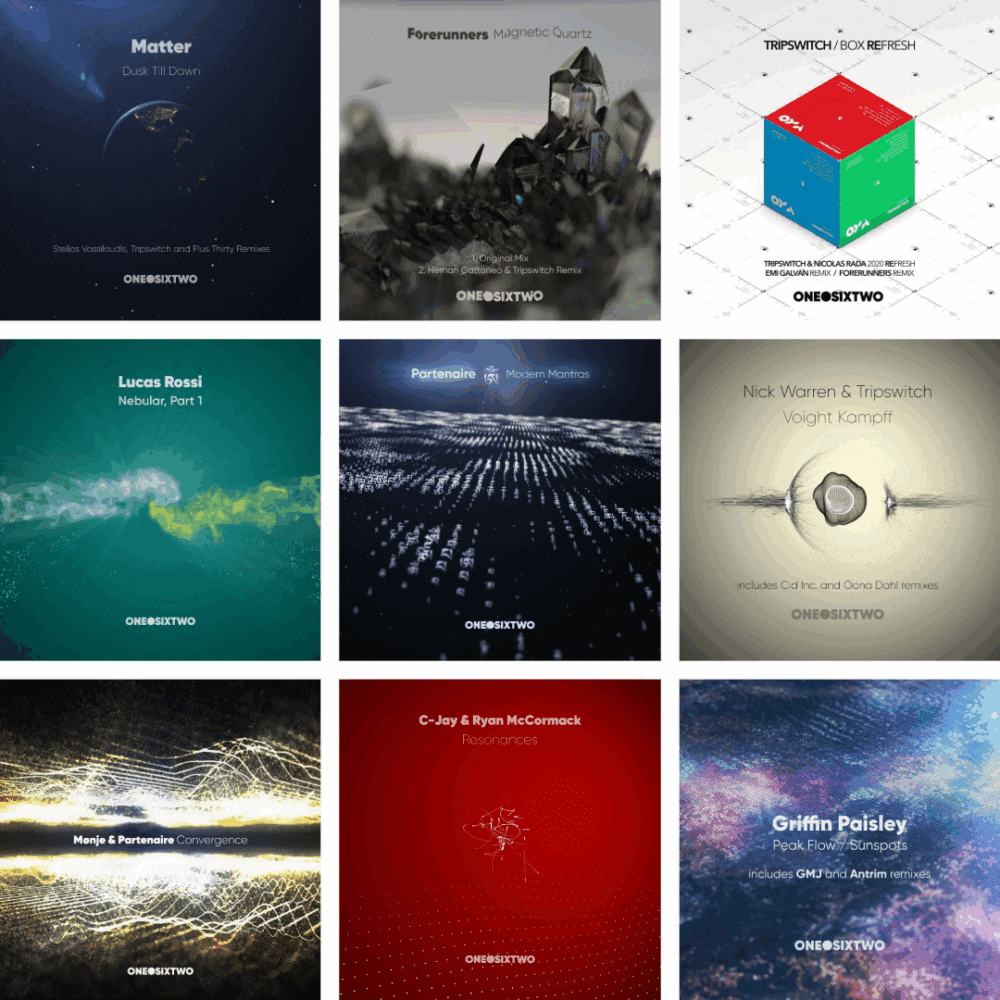
Merchandise is coming (the team hints at ideas that respect the visual language they’ve built rather than treating merch as a bolt-on), but the expansion feels measured. The aim isn’t to become a lifestyle brand; it’s to give listeners more ways to live with the music.
We’ll call it a sweet spot: credible enough to be a DJ’s dependable source for functional, emotionally intelligent records; personal enough to be a fan’s label, one whose sleeves you recognize and whose catalog you can trace. In a scene that often splits along those lines—utility vs. aura—onedotsixtwo holds both. That’s why their 100th release lands with weight without needing a parade.
The near-term path is clear: more showcases (with South America at the forefront), more carefully crafted releases, more deliberate pairings of legacy and emerging voices, and a continued refusal to be drawn into format-first thinking. Five or ten years out, the ambition is modest and exacting: be even more firmly recognized as a cornerstone for progressive house that actually moves forward.
As a genre, progressive house survives when labels treat it as a living language rather than a preset. onedotsixtwo does the work: it listens, edits, pairs, presents, and sends music into the world with the confidence that people will meet it halfway. That’s how catalogs become reference points. That’s how scenes cohere without calcifying.
One hundred releases in, the imprint remains exactly what it set out to be—a home for records that move with intention—and more than it could have promised: a place where the genre’s past and future sit at the same table, trading ideas and leaving space for the next voice to speak.
The number is neat. The substance is the point. And onedotsixtwo isn’t done talking.
Chris Cargo’s ‘Shadow’ is already available for pre-order. Find your copy here.
Follow onedotsixtwo: Bandcamp | Spotify | Instagram | SoundCloud


